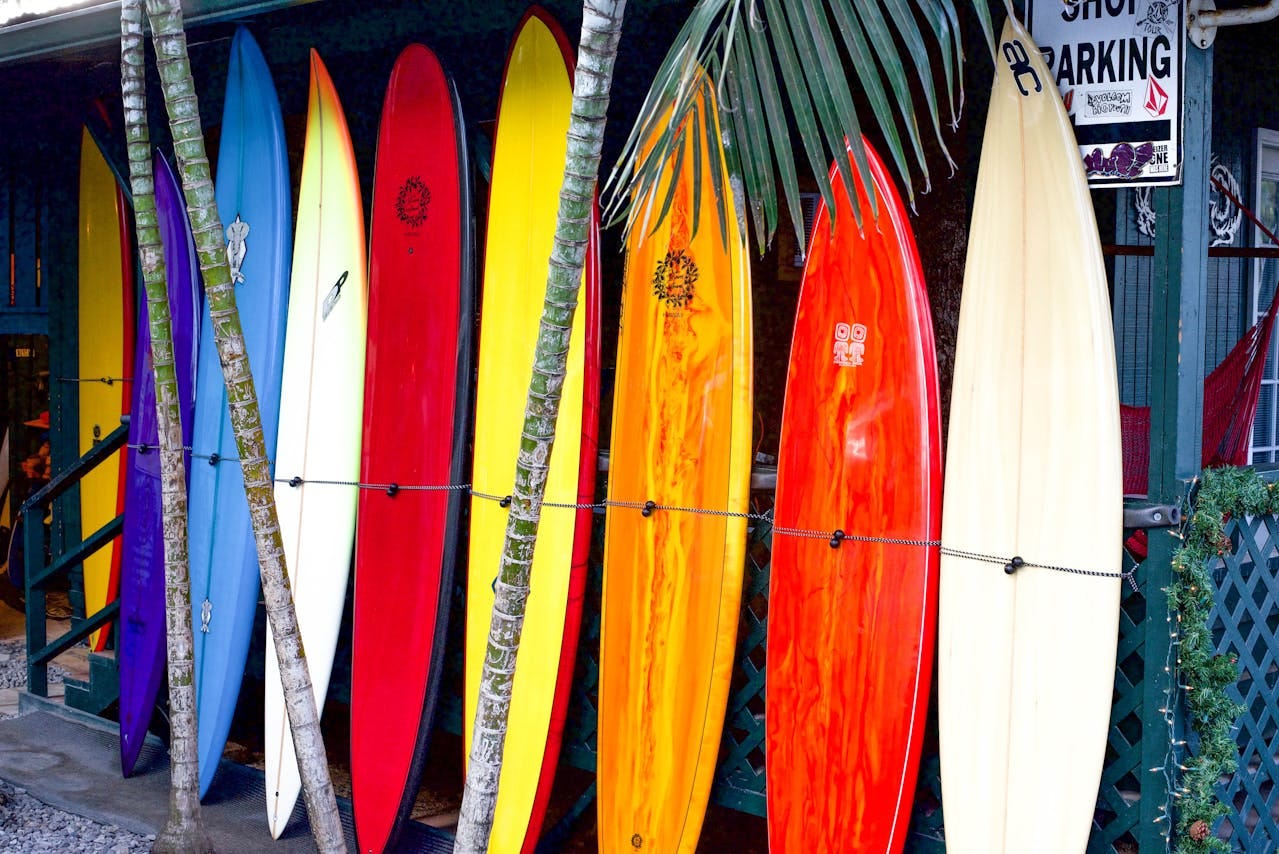When Brands Lose Their Soul: Do Not Trade Growth At All Costs For Your Identity
Learning from the fall of surf establishment and the raise of indie brands
There was a time when Quiksilver, Billabong, and Volcom weren’t just surf brands—they were identities. More than clothing, they represented a way of life, a connection to the ocean, and a rebellious, free-spirited ethos that connected profoundly with surfers, skaters, and action sports enthusiasts. Wearing these brands wasn’t just about style; it was ab…




